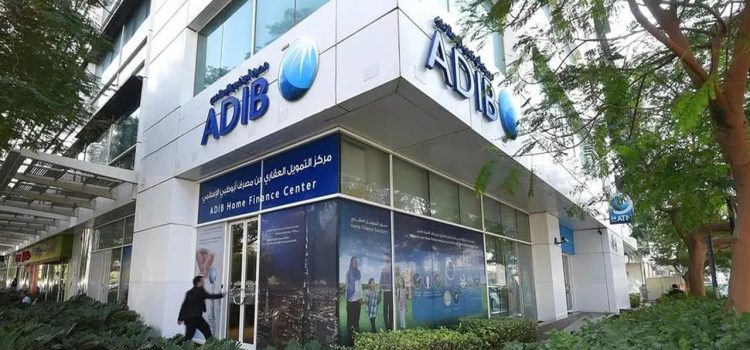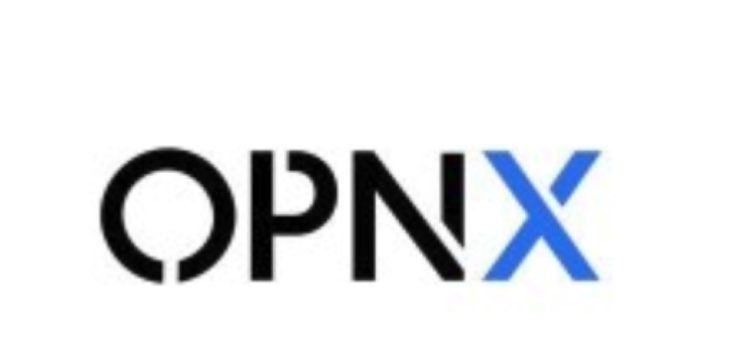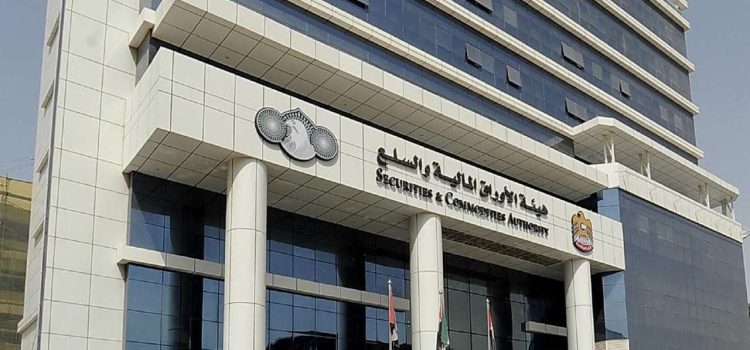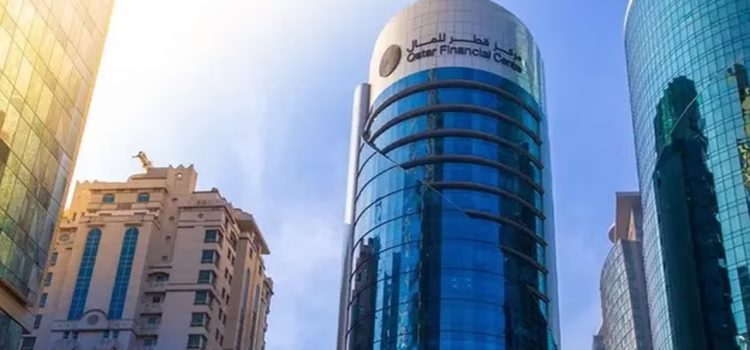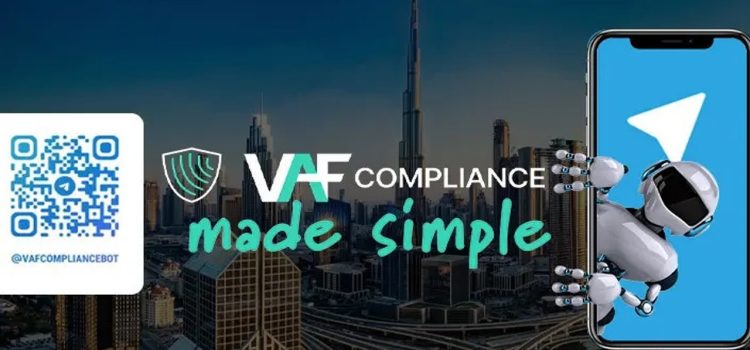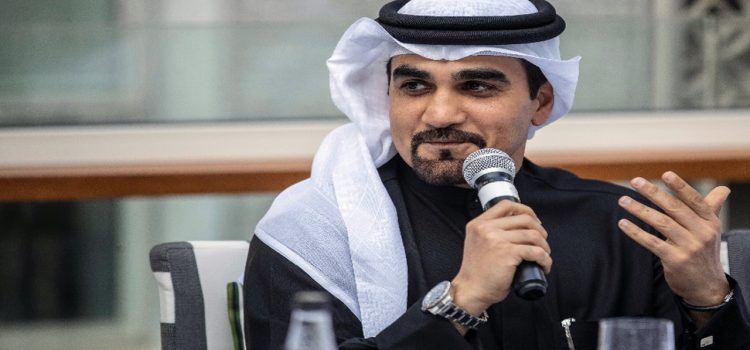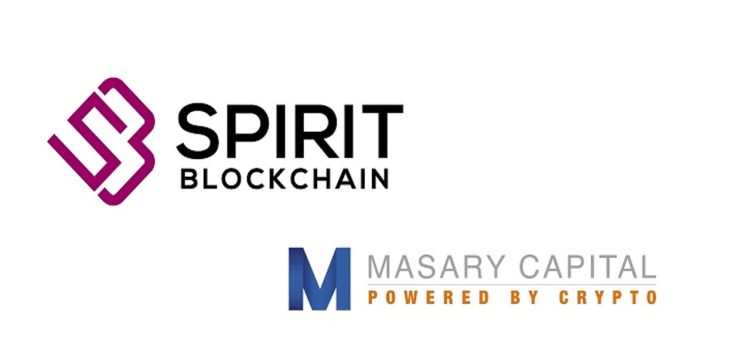
Abu Dhabi Islamic Bank (ADIB) has become the first Islamic bank that went live on the UAE’s KYC (Know Your Customer) Blockchain Platform.
The UAE KYC Blockchain Platform is expected to accelerate the opening of bank accounts for newly registered companies while paving the way for a less cumbersome and costly process of managing KYC data for firms already registered with the system. It will also facilitate a faster, more secure onboarding and exchange of digital customer data and documents; this will be carried out through advanced blockchain-powered distributed technologies.
The initiative was launched in February 2020 by Dubai’s Department of Economy and Tourism (DET) with the partnership of four founding member banks; three listed lenders which are Emirates NBD, Commercial Bank of Dubai (CBD), and Abu Dhabi Commercial Bank (ADCB), in addition to HSBC.
Norbloc Blockchain KYC solution provider implemented the KYC Blockchain platform to facilitate a faster, more secure onboarding and exchange of digital customer data and documents through advanced blockchain-powered distributed technologies, a first of its kind in the region.
Currently, KYC Blockchain Platform has expanded after the joining of Dubai International Financial Centre (DIFC), Ras Al Khaimah Free Trade Zone (RAKEZ), RAK International Corporate Centre (RAK ICC), the listed Mashreq Bank, and WioBank.
Acting Global Head of Retail Banking at ADIB, Samih Awadhalla, said: “When ADIB joined the UAE KYC Blockchain Consortium, we did so with the clear goal of developing onboarding operations and providing more secure ways of handling and exchanging data.”
The CEO of Dubai Business License Corporation, Ahmad Khalifa Al Falasi, said: “Through this advanced mechanism, we aim to further improve the ease of doing business, and overall, further enhance and ensure regulatory compliance in the UAE. As blockchain is a breakthrough technology, we see tremendous potential in streamlining services and operations, saving time, money, and resources for everyone involved – individuals, companies, and government bodies.”
Meanwhile, Astyanax Kanakakis, CEO and Co-Founder of norbloc, said: “The continued expansion of the UAE KYC Blockchain Platform to include key banking institutions, such as ADIB, further strengthens the network which has been live for three years now. ADIB is the third financial institution to join from the emirate of Abu Dhabi, ensuring that norbloc’s Fides platform will continue to provide a significantly better KYC experience for both financial institutions and their clients across the UAE.”
In 2022, the Blockchain KYC Fides Platform built by Norbloc for both Dubai Economy and DIFC will become one platform for entire UAE. At the time Dubai Economy and Dubai International Financial Centre (DIFC) Authority agreed to consolidate efforts and expand the UAE KYC (Know Your Customer) Blockchain Consortium positioning it as the national corporate e-KYC Platform, making it the first such platform in the region. Previously both entities had launched separate blockchain KYC consortiums both using Norbloc Blockchain platform. DIFC in March of 2020 had launched their initiative with Mashreq Bank, while Dubai Economy had launched with a handful of UAE Banks a month prior to DIFC. Both DIFC and Dubai Economy had chosen to use the FIDES platform from Blockchain entity Norbloc.
The first phase went live in 2020 and more entities have joined since resulting in the platform holding close to 50 per cent of corporate e-KYC records in UAE.








